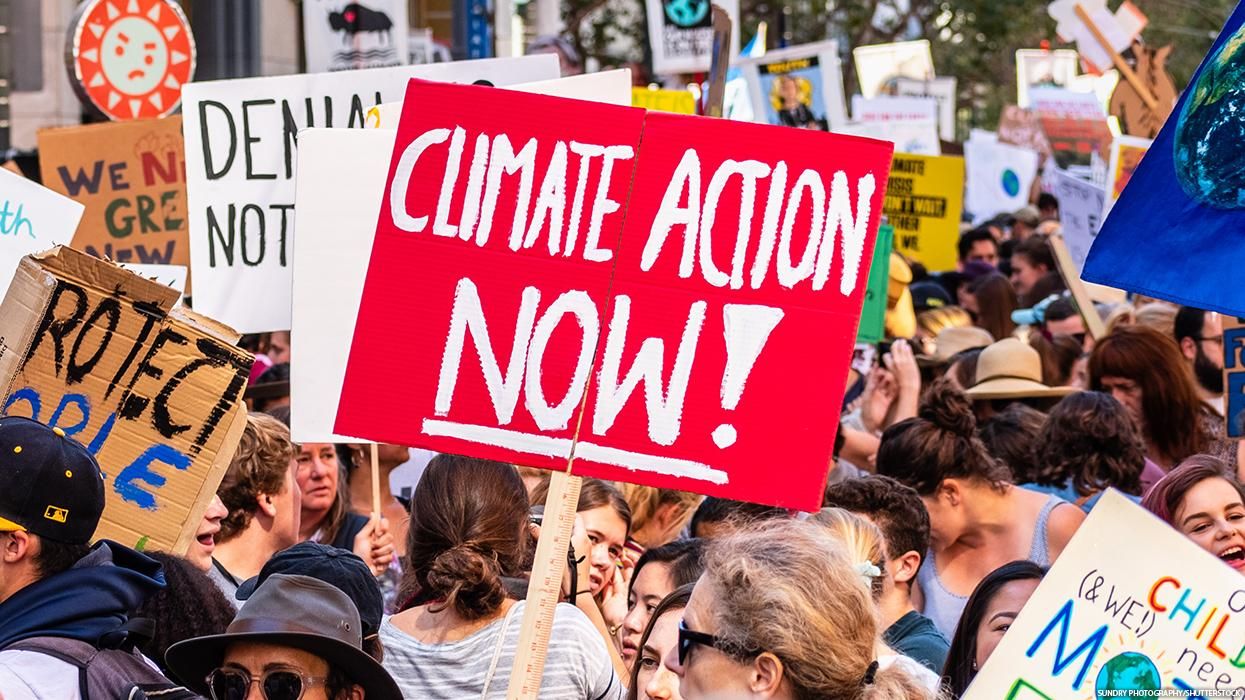Across the globe, climate-related anxieties are spreading throughout young demographics. Despite suffering the most from climate change, developing nations have the least information available to them.
A recent study from the Journal of Environmental Psychology examined over 10,000 university students in 32 different countries, asking them all how they feel about climate change. The consensus among young people is that climate change is a major source of anxiety.
Around half of the survey's subjects were “very” or “extremely” worried about climate change. Nearly a fourth felt “terrified,” and even more reported increasingly anxious feelings.
Charles Ogunbode, a psychologist at the University of Nottingham in the United Kingdom who helped conduct the surveys, shared that while climate anxieties are common across every continent, the ability to take action and combat environmentally damaging policies is usually only allotted to few.
“The question is whether you have the opportunity or not to engage in those behaviors," Ogunbode told Grist. “We very rarely find anyone talking about how people in Ghana or the Philippines feel about climate change. It’s almost like, ‘Look, as long as we can provide the basic stuff — people can eat, they have a place to sleep, they have water — that’s it. That’s fine.’"
Students reported that they would be willing to participate in demonstrations in less than half of the countries surveyed. Many nations have restrictions on protests or free speech, making direct action a privilege to those in Western nations, which also reported the highest rates of anxiety.
Domestically and internationally, low-income and majority-POC communities suffer the most from the effects of climate change. Despite this, Ogunbode shared that citizens in many countries don't have proper access to information on saving energy and reducing waste. In fact, students in Malaysia and the Philippines noted that the survey was the first instance they were exposed to these solutions.
“I got the sense that a lot of people only realized when they were reading through the questions, ‘Oh, maybe there’s something I can be doing.’”
- More Americans Are Moving Into Harm's Way as Climate Disasters Increase - Advocate Channel ›
- Climate Change is Dramatically Transforming the Arctic - Advocate Channel ›
- How Climate Change is Impacting Tornadoes - Advocate Channel ›
- Here's Why Christmas Tree Prices Skyrocketed This Year - Advocate Channel ›


















































